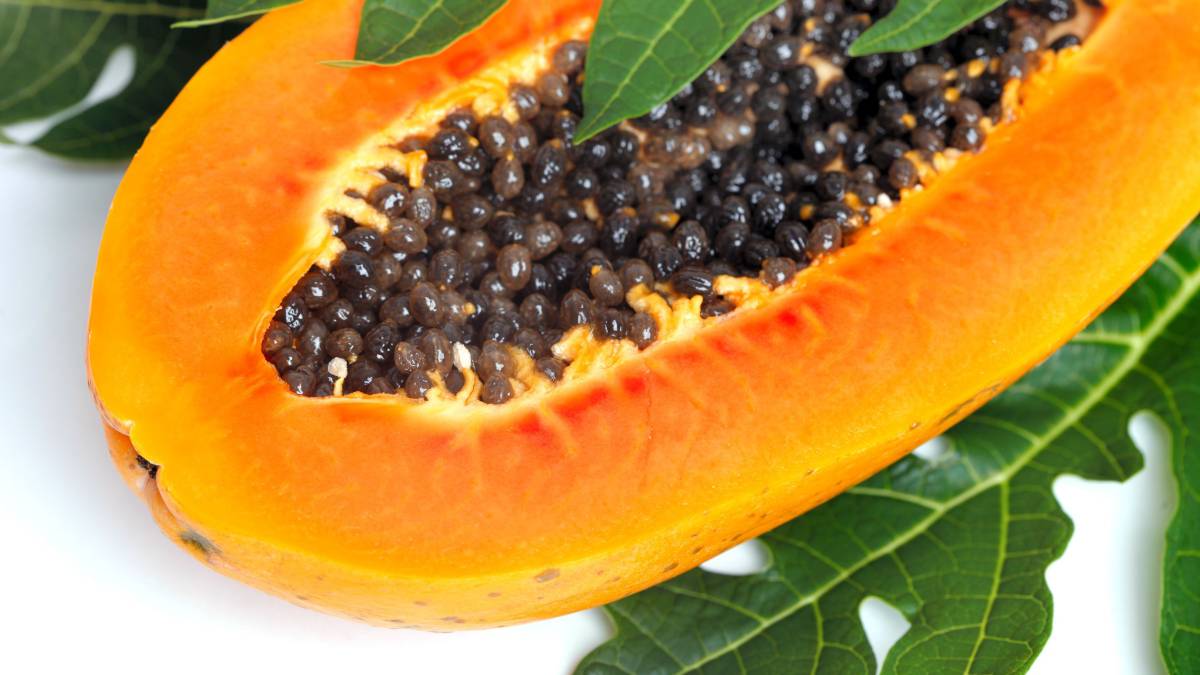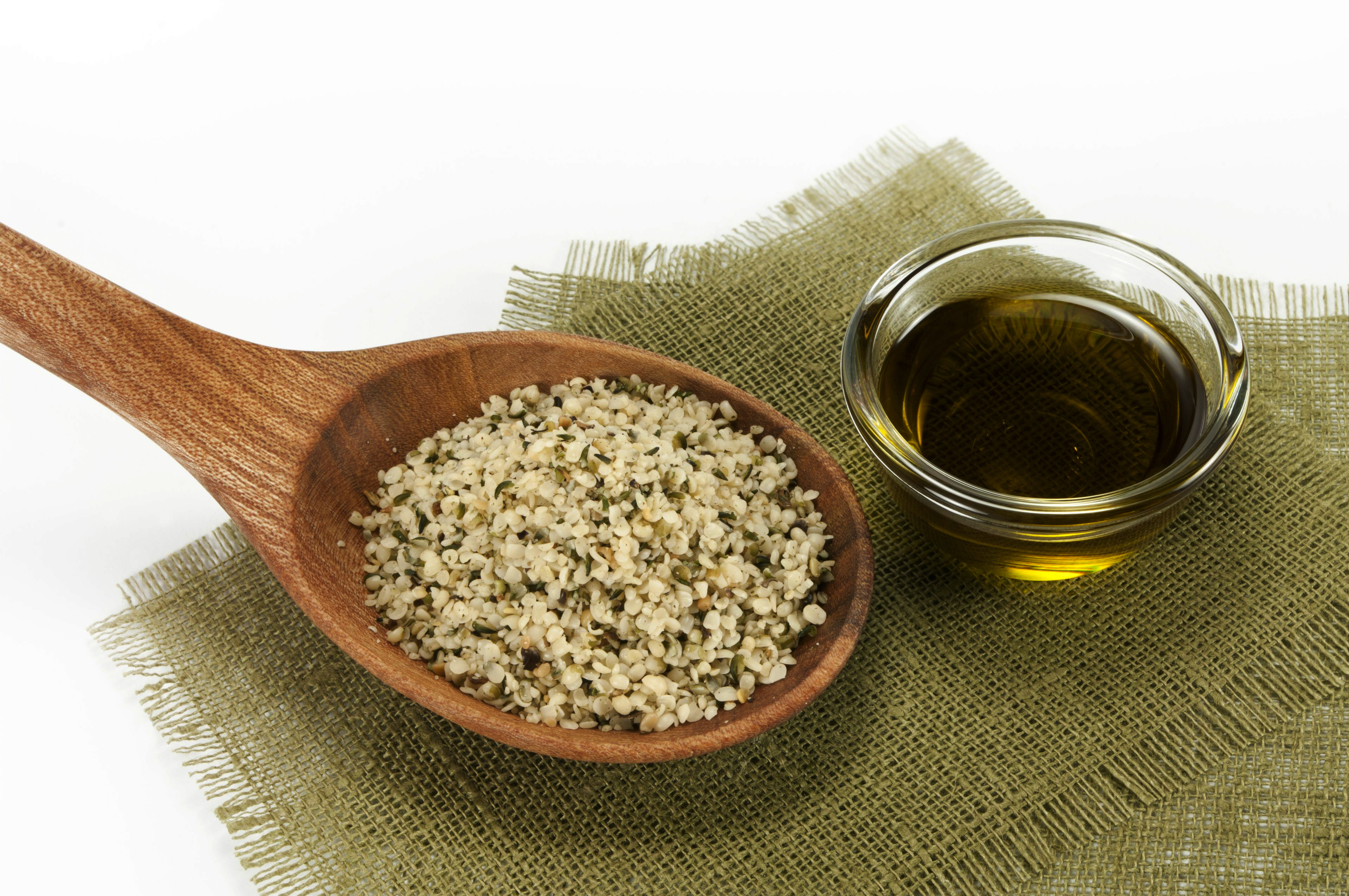Anti-inflammatories act to treat ailments and there are natural compounds that help reduce symptoms, such as hemp oil and Omega 3, 6, 9.
Hemp oil is obtained from the seeds of the hemp plant. Although marijuana also corresponds to hemp, it has been identified throughout history for its large production of cannabinoids, while the so-called industrial “hemp” produces very few cannabinoids and is commonly used to produce fiber.
The medicinal usefulness of hemp oil is also being investigated, but it is already known that it is an oil rich in Omega 3 and 6, being very useful as a nutritional supplement, providing these nutrients to the diet. The main difference of this oil with that of marijuana or cannabis is that it does not contain cannabinoids, so it will not be useful in treating the aforementioned problems. By not containing THC or CBD, this oil has a much lower production cost and it is possible to find it in countries where marijuana is still illegal.
Omega 3, 6 and 9 fulfill different functions within the body and it is necessary to incorporate balanced doses of these substances. Omegas 3 and Omegas 6 are polyunsaturated essential fatty acids. Omegas 6 include, among others, Linoleic Acid (LA), Gamma-Linolenic Acid (GLA) and Arachidonic Acid (AA).
A combination of vegetable oils and fish oil that offers a perfect combination of omega-3, omega-6 and omega-9. Ideal to compensate for deficiencies caused by diet.
Omega 6 and omega 9: the other fatty acids that must be considered as the omega 3, is the omega 6 which is an essential fatty acid and therefore must be provided daily by the diet. It is found naturally in seed oils (sunflower, corn, sesame, etc.) and in nuts. Among the foods that contain omega 3 we have: Nut, is one of the nuts that has higher content in omega 3, Blue fish. The sardine, the anchovy, the tuna or the salmon Lino. Both its oil and its seeds provide twice as much omega 3 as blue fish, olive oil, chia seeds, among others.
Omega 6 fatty acids are types of fats and are found in vegetable oils, which include corn, seed of evening primrose, safflower and soybean oils. The types of polyunsaturated fatty acids are essential, which means that they must be consumed in the diet because they can not be produced by the body. These two fatty acids are linoleic acid, which is an omega-6 fatty acid, and alpha-linolenic acid, which is an omega-3 fatty acid.
 The monounsaturated fatty acids, omega-9, are that type of healthy fatty acids that help the fat elimination mechanism. When the organism detects that omega-9 has been consumed, it assimilates it differently from other fats, it uses them to the maximum, preventing them from accumulating in the abdomen area.
The monounsaturated fatty acids, omega-9, are that type of healthy fatty acids that help the fat elimination mechanism. When the organism detects that omega-9 has been consumed, it assimilates it differently from other fats, it uses them to the maximum, preventing them from accumulating in the abdomen area.
Learn more about health in Pharmamedic.







